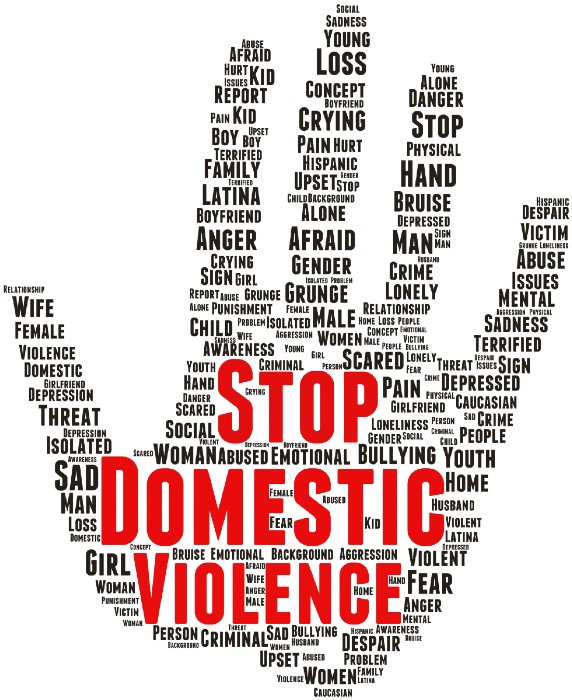You can apply for an injunction or an occupation order if you are a victim of domestic abuse and meet the requirements. The order will say who can live in the family home or enter the surrounding area.
An application for an Occupation Order bears very serious consequences for the Respondent and is deemed to be rather draconian. Therefore the application will most likely be heard on notice (both parties will attend court on the designated time and day).
Occupation orders specify who can live in the family home, and can mean eviction of the abuser, banning them from visiting the family home or coming within a certain distance of it.
Courts usually grant them for 6 to 12 months, or until a further order, or until existing proceedings conclude. A power of arrest can be attached to an occupation order in certain circumstances.
If you have been served with a non-molestation order or occupation order, you will need to seek immediate legal advice.
You can apply for an occupation order if:
- you own or rent the home and it is, was, or was intended to be shared with a husband or wife, civil partner, cohabitant, family member, person you’re engaged to or parent of your child
- you do not own or rent the home but you’re married or in a civil partnership with the owner and you’re living in the home (known as ‘matrimonial home rights’)
- your former husband, wife or civil partner is the owner or tenant, and the home is, was, or was intended to be your shared matrimonial home
- the person you cohabit or cohabited with is the owner or tenant, and the home is, was, or was intended to be your shared home
If the person named in your injunction does not follow the court order, you can call the police.

